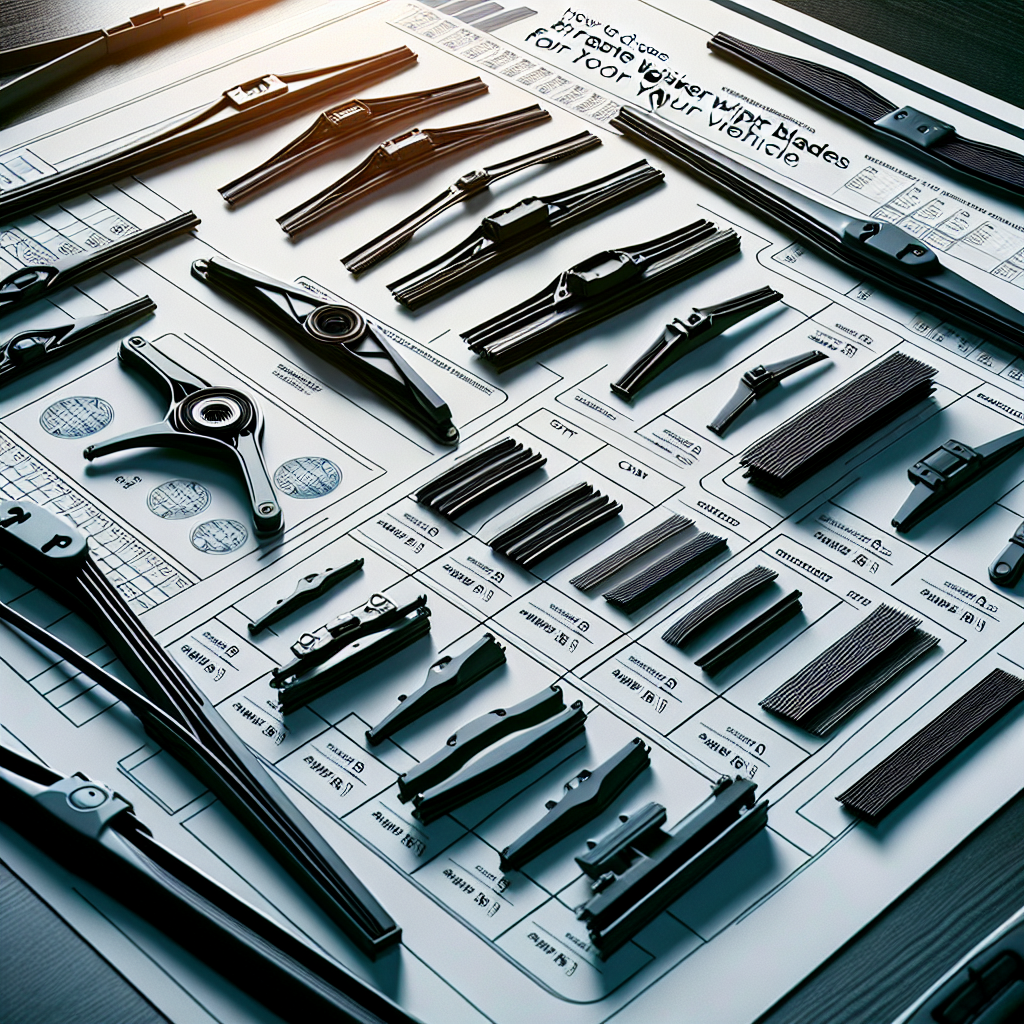In recent years, the automotive industry has seen a swift and decisive pivot towards sustainability. European car manufacturers, in particular, have been at the forefront of this movement, championing the cause with innovative designs and eco-friendly technologies. As consumers become more conscious of their environmental footprint, the demand for sustainable vehicles has surged, propelling these carmakers into a new era of green innovation.
One key player in this green revolution is Volvo, a brand synonymous with safety and reliability. Volvo has committed to transforming their entire line-up into electric or hybrid vehicles by 2030. Their Recharge series, featuring models like the XC40 Recharge, has been well-received, blending sustainable practices with high performance. These vehicles use recycled materials throughout their construction and are powered by electricity, drastically reducing their carbon footprint.
Another trailblazer is BMW, with their i series leading the charge. The BMW i3 and i8 models were among the first mainstream electric and hybrid vehicles to hit the market, setting a precedent for future developments. The latest in this lineup is the BMW iX, an electric SUV that combines luxury with zero emissions. BMW is also heavily invested in hydrogen fuel cell technology, aiming to create a more diversified approach to green motoring.
Mercedes-Benz is not far behind with their EQ lineup. The EQC, a fully electric SUV, has garnered attention for its combination of luxury, range, and sustainability. Mercedes has also pledged to have a carbon-neutral new car fleet by 2039, showcasing their long-term commitment to environmental stewardship.
On the more affordable end of the spectrum, Renault has been making strides with its Zoe electric car. The Renault Zoe has become one of Europe’s best-selling electric vehicles due to its reasonable price, impressive range, and compact design, ideal for urban driving. Renault’s commitment to sustainability is evident in their use of recycled plastics and ethical materials in the vehicle’s construction.
Moreover, Audi is making waves with their e-tron series, featuring fully electric models like the Audi e-tron SUV and Sportback. Audi’s approach integrates cutting-edge technology with sustainable manufacturing processes, including the use of renewable energy in their factories. This holistic approach to sustainability encompasses the vehicle’s entire lifecycle, from production to end-of-life recycling.
Beyond these individual models, European automakers are also investing heavily in infrastructure to support electric vehicles (EVs). For instance, Volkswagen is collaborating with multiple stakeholders to expand EV charging networks across Europe, addressing one of the primary consumer concerns regarding electric vehicle adoption. Volkswagen’s ID family, particularly the ID.4, showcases their investment in creating affordable, accessible EV options for the mass market.
The push towards sustainable speed is not just limited to electrification. Many European car manufacturers are exploring alternative fuels and hybrid technologies. For example, Peugeot’s plug-in hybrid technology allows vehicles to switch between electric power for short city trips and gasoline for longer journeys, offering versatility and reduced emissions.
Despite the advancements, there are still hurdles to overcome, particularly concerning battery technology and charging infrastructure. However, the ongoing research and development by these European giants are paving the way for a future where sustainable speed is not just a concept but a reality.
For more in-depth information on this exciting trend, this Forbes article on the future of electric vehicles offers further insights into the innovations and challenges facing the industry globally.
In conclusion, European car manufacturers are leading the charge towards a more sustainable automotive industry. From electric and hybrid models to investments in alternative fuels and infrastructure, these companies are setting a high standard for environmental responsibility. As technology continues to evolve, it’s likely that we’ll see even more exciting developments in the realm of sustainable speed.


